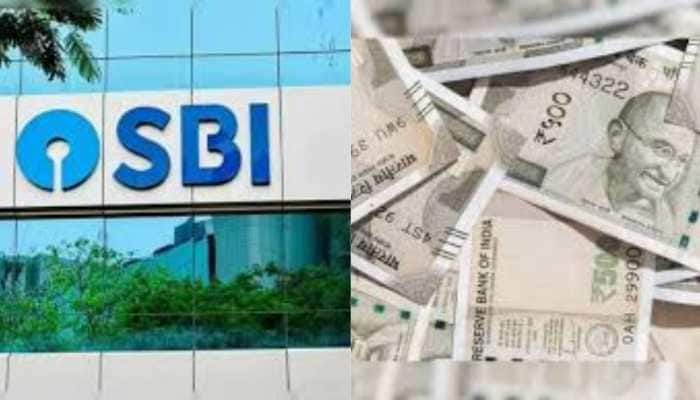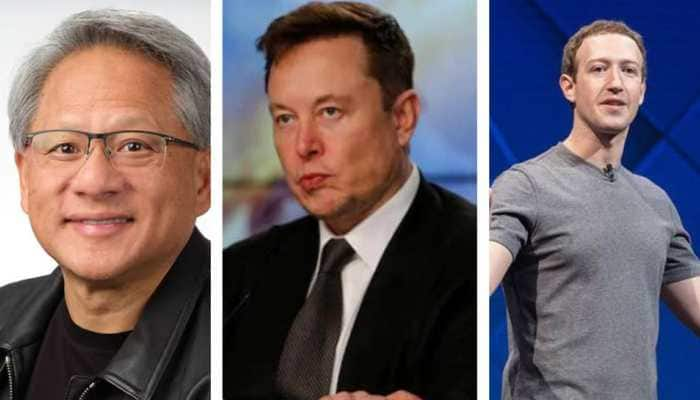The PM is being bad, only to be good
Trending Photos
)
India witnessed a historic move recently – a move to invalidate all high denomination notes; a move that had been suggested by many, but implemented by none in the country in the recent past; a move that was so far only an electoral pitch; a move that can change the economics of the country; a move that can change the way financial transactions are done; a move that affects the infamous ‘parallel economy’; a move that affects both, the rich and the poor; a move that affects the bad elements in society; a move that has both, short-term and long-term effects; a move that affects politics and politicians; a move that can alter the electoral outcomes; a move that can make the powerful, powerless; and a move that gives hope to the people.
Irrespective of the outcome of this momentous decision, one thing is for sure – everybody will stand up and take notice of India and its prime minister. At a time when the world is busy watching the electoral outcome of the US elections, such a bold move has managed to garner eyeballs. It helps improve the image of India and its governance. It shows the country is serious about curbing corruption and terrorism. It helps set India as an example for others to emulate.
As is the case with every bold move, people are divided in their opinion. There have been many people from different walks of life like Pranab Mukherjee – the President of India, Amish Tripathi – a renowned author, Anand Mahindra – a corporate big-shot and Virendra Sehwag – an accomplished sportsman, to name a few, who have lauded the decision. However, there were many who have given the move a thumbs down.
The reasons for disapproving the move are galore. From the common man on the street who fights daily for two square meals a day, to the businessman whose nature of business demands dealings in cash, to the rich who evade taxes by under-reporting their income, to the bad elements of society who thrive on cash for implementing their ill-gotten plans; everybody has a myriad of reasons – some genuine, while others self-centred.
Starting with the common man on the street. A person who fights for two square meals a day or for getting a roof on his head, will not understand the bigger picture. With his meagre income that supports him on a day-to-day basis, he is only concerned about how he can buy his food in the evening. With something like a Rs. 500 note in his pocket as his weekly wage for supporting his family, he is concerned only about the hassle this move will cause and uncertainty of the future of his meagre savings, if any. Such cases are genuine and understandably so. However, when people like the rich or even the salaried class complain of the hassles, it is sad.
The educated class have the advantage of understanding the bigger picture and of having enough savings and alternative avenues for purchase, to bother about the short-term effects. Yes, such a move will cause some hassles in terms of exchanging notes or depositing money in banks and standing in long queues, but such small inconveniences pale in comparison to the possible outcomes. It is not the people with genuine sources of income who should bother, but the ones who have something to hide.
Just like the parallel economy that this move is trying to curb, there is a parallel world of ‘political economics’ that is being played out. Responses by politicians whether in support or against, are not always what they seem on face value. Politicians from the ruling alliance have to support the move even if they disagree at an individual level. And, the opposition has to disapprove or underplay the move even if they agree.
While the Congress party has supported the move against black money, its Vice President Rahul Gandhi called it a move detrimental to the interests of the common man. P Chidambaram took a high ground and commented that the move to demonetise didn’t work in 1978 either. Manish Tewari sarcastically compared Narendra Modi to Mohammad bin Tughluq (the Sultan of Delhi in the fourteenth century). Mamata Banerjee too echoes the same sentiment in the name of inconvenience to the common man. Ironically, these are the very same people who flung barbs at Narendra Modi for not fulfilling his electoral promise of curbing black money. What makes it worse is that these very people in spite of having the power or having had the power, did not do anything for the cause of black money or even the common man in whose name they are whining.
At the other end are people from the BJP like Amit Shah, Venkaiah Naidu and Piyush Goyal who have lauded the move. It is good that the party is showing solidarity, but these people too cannot be seen with a clean slate. Had they been in opposition at such a time, they too are most likely to have reacted in the same way as the opposition is reacting now.
Not surprisingly, there is also a third category of fence-sitters; a category that is non-committal and somewhere in the middle of ‘yes’ and ‘no’. The ones who are agreeing, but cannot show it, or the ones who are disagreeing, but cannot show it – all for political reasons. Akhilesh Yadav is a befitting example. He has made an open-ended statement – “Central government must setup (sic) special banking counters in villages & district centres to assist the public, villagers & farmers.” This can mean both, agreement and disagreement. It is loose-ended and open to interpretation to suit his political moves. With the UP elections a few months away, he has to keep his doors open for the BJP, just in case he needs to ally with them. On the other hand, he cannot upset the naysayers from his party. Above all, he has to cater to his votebank by showing he cares. Politics is stranger than fiction, indeed!
Irrespective of how it is done, or who does it, or in fact whether it is a success, it is the duty of all citizens of India to support the government in its move to free the country from the menace called corruption. As the Prime Minister said, it is one of the few moments in the history of India where one can participate in nation-building and reconstruction. It is time to think beyond personal gains and losses and look at the bigger picture. There is nothing to lose, only to gain.
Just like a parent that has to sometimes take harsh decisions to set right its kid that has gone astray, the government too is being bad, only to be good. Hope the country understands this and rises to the occasion.
Stay informed on all the latest news, real-time breaking news updates, and follow all the important headlines in india news and world News on Zee News.
Live Tv







)
)
)
)
)
)
)
)
)
)
